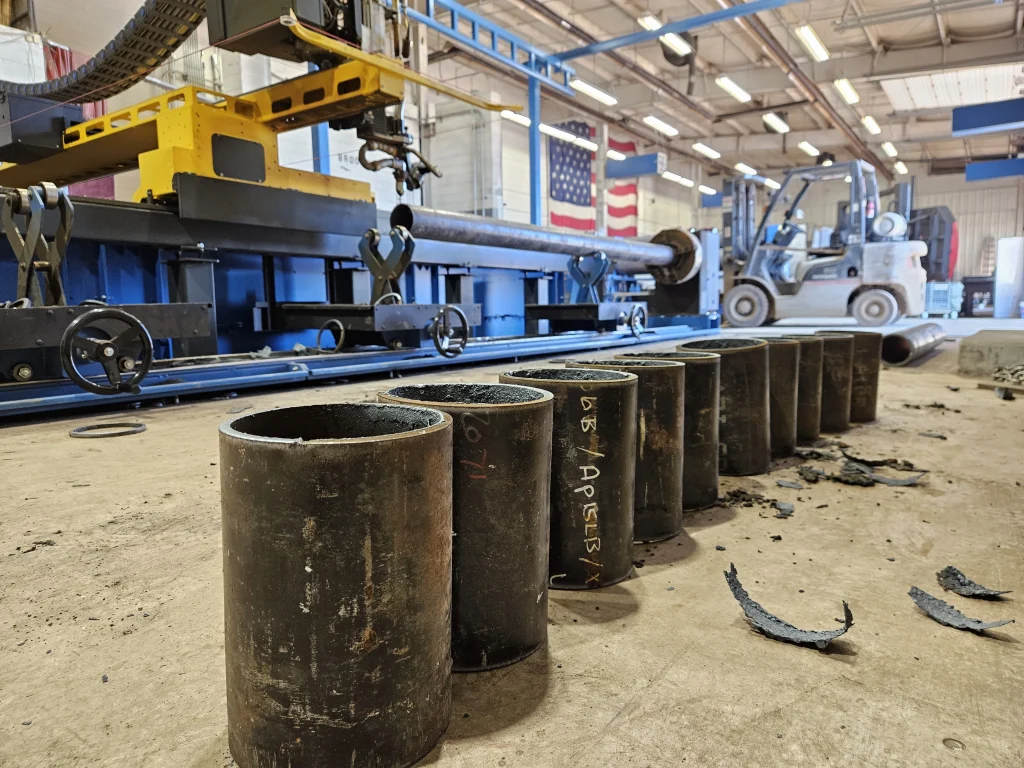
Understanding Tensile Failure in Ship Vessels: Causes and Prevention
The shipping industry relies heavily on strong and durable materials to maintain the structural integrity of vessels. However, tensile failure – the breaking of a material under stress – is a significant concern. This guide will explore how tensile failure affects different types of ships, from cargo vessels to passenger ships, and how such failures can be prevented through design, material selection, and maintenance.
1. The Impact of Tensile Failure on Cargo Ships
Cargo ships, also known as freighters, are the workhorses of international trade. They transport goods across oceans, including containers, bulk cargo, and breakbulk freight. The most common types of cargo ships include:
Container Ships: These ships are designed to carry large standardized containers. Tensile stress can develop at the corners and joints, where the structure is most vulnerable. Over time, this can lead to stress corrosion cracking.
Bulk Carriers: Bulk carriers often transport heavy goods like coal or grains. The weight of these materials creates additional stress on the hull, potentially leading to fatigue failure, where repeated loading and unloading cycles weaken the metal.
Learn more about common failure types in pressure vessels
2. Tensile Failure in Passenger Ships: Preventing Catastrophic Failure
Passenger ships, including cruise ships and ferries, are massive vessels that require precise engineering to ensure they can withstand both normal operation and extreme conditions. Tensile failure in these ships can lead to the breakdown of critical safety systems and endanger lives.
Cruise Ships: Tensile stress is particularly concerning in the long-term durability of cruise ships. Materials used in these vessels must be resistant to cracking and fatigue, especially in high-stress areas such as the hull and superstructure.
Ferries: Smaller ferries that operate in high-waves or extreme environments are also at risk of material failure due to the constant stress placed on their hulls and structural components.
Read more about tensile failure in pressure vessels
3. Naval Ships: High-Stress Environments and Tensile Failure Risks
Naval ships operate in high-stress environments, requiring materials that can endure both the forces of combat and the harsh maritime conditions. Tensile failure in these vessels is highly critical, especially in warships and submarines, where structural integrity is paramount.
Warships and Aircraft Carriers: The tremendous forces experienced during high-speed maneuvers can result in tensile fractures if the materials are not carefully selected.
Submarines: Operating underwater subjects submarines to intense pressure, where tensile failure can lead to catastrophic results.
Explore external pressure failure in pressure vessels
4. Fishing Vessels and Tensile Failure
Fishing vessels, such as trawlers and factory ships, operate in some of the most challenging environments at sea. The repeated stress of deploying heavy nets or long fishing lines can cause tensile fractures in critical components, risking both the vessel’s structural integrity and the safety of its crew.
Longliners: These vessels rely on long fishing lines, which can stress the hull and deck over time, leading to material fatigue.
Factory Ships: With onboard processing equipment, factory ships experience a high level of strain, and tensile failure can occur in key structural components like the hull and deck.
Key Takeaways:
Tensile failure is a critical factor in the structural integrity of various types of ships, including cargo, passenger, and naval vessels.
Proper material selection and maintenance are essential for preventing tensile fractures and ensuring the long-term safety of ships.
Regular inspections, particularly in high-stress areas such as joints and corners, can help identify early signs of tensile failure, avoiding catastrophic accidents.
Conclusion: Why Preventing Tensile Failure is Crucial in Shipbuilding
Tensile failure poses a serious risk to the safety and longevity of ship vessels. By understanding the causes of tensile stress and failure, and implementing better materials and design practices, shipbuilders can significantly reduce these risks. Ensure that your vessel designs are up to the challenge of the harsh maritime environment by investing in quality materials and regular maintenance.
Need expert assistance? Reach out to Red River for advanced pressure vessel design and fabrication solutions, ensuring your vessels are built to last.
FAQs:
1. What are the primary causes of tensile failure in ships?
Tensile failure in ships is typically caused by material fatigue, stress corrosion cracking, and extreme environmental conditions, leading to structural weaknesses.
2. How can tensile failure be prevented in ships?
Preventing tensile failure involves selecting high-strength materials, proper welding techniques, and routine inspections to identify early signs of stress fractures.
3. How does tensile failure impact the safety of ships?
Tensile failure can lead to catastrophic damage to a ship’s structure, potentially resulting in hull fractures, cargo loss, or even sinking, posing serious risks to crew and passengers.
External Links:
Internal Links:
Related Blog Post

Pressure Vessel Design & Engineering: Concept to Launch

What is Pressure Vessel Design and Engineering: Code-Ready Guide

What are the Key Factors in Pressure Vessel Engineering

How Do You Design a Pressure Vessel: A Step-By-Step Guide

What is Pressure Vessel Fabrication and Manufacturing
About Author

